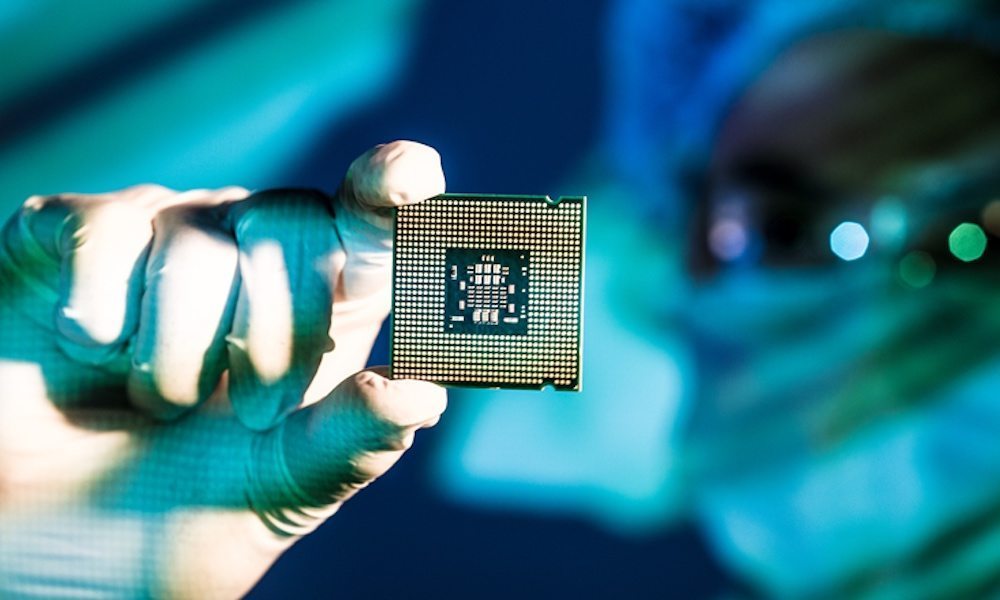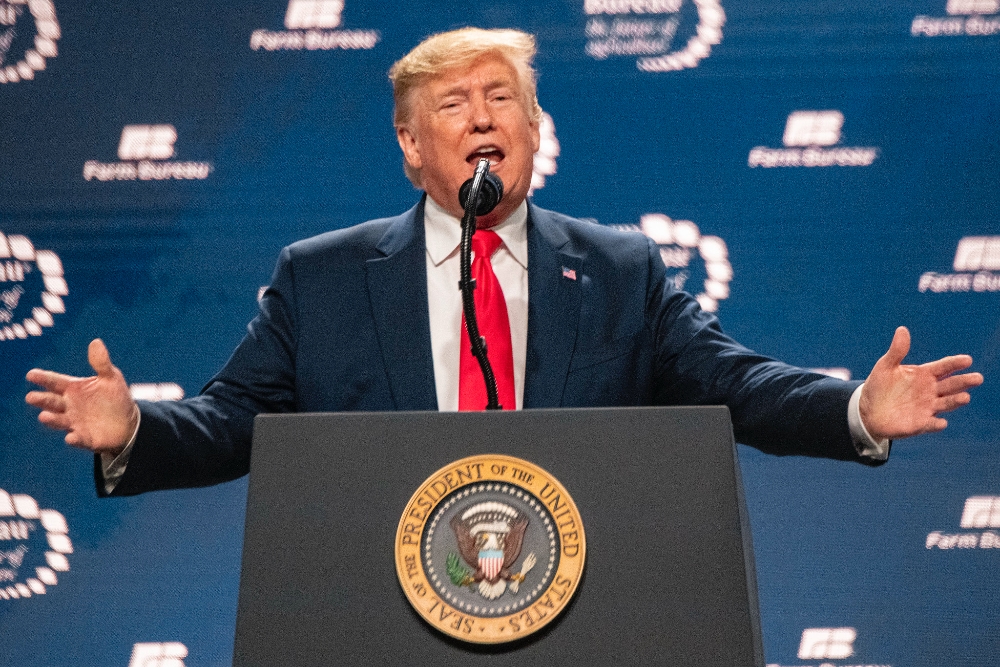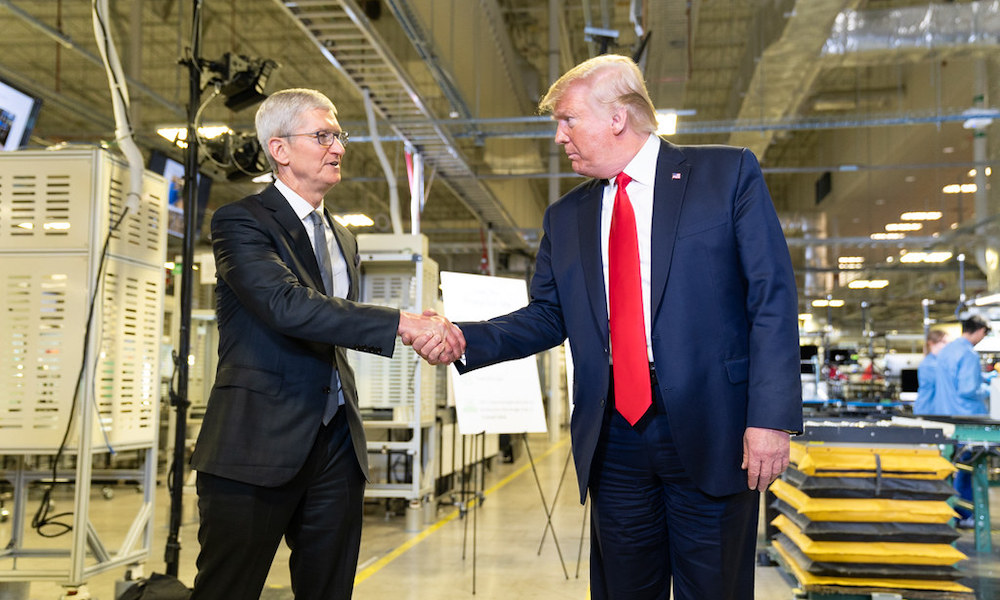How Trump’s Chip Tariff Could Affect Apple & Chip Making Partner TSMC
 Credit: Shutterstock
Credit: Shutterstock
Toggle Dark Mode
Apple’s chip production partnership with TSMC will likely take a financial hit from President Donald Trump’s proposed tariffs. Trump says he will place import taxes on semiconductors and other specific imports in the near future.
One of the planks of President Trump’s election campaign was tariffs, which he said would result in more manufacturing being brought back inside US borders.
During a Monday speech at an Issues Conference at the Trump National Doral Resort in Miami, Florida, the President spoke on a variety of topics, speaking at length about tariffs.
A C-Span video of the speech reveals Trump kicked off the tariffs portion of his speech by first mentioning tariffs on vehicles imported from Mexico. He then discussed at length “tariffs on foreign production of computer chips, semiconductors,” and pharmaceuticals.
Trump told the assembled that it was a part of his bid to “return production of these goods to the United States.”
“They left us and went to Taiwan, which is about 90% of the chip business,” Trump said. “And we want them to come back.” The President’s comments likely refer to TSMC, the Taiwanese chip maker that Apple relies on for its chip production for its Macs, iPhones, iPads, and other devices.
Trump says he won’t use incentives like the previous administration’s “Chips and Science Act,” but will instead use tariffs to bring production back to the United States.
President Biden’s Chips and Science Act authorized approximately $280 billion in new funding to boost domestic research and manufacturing of semiconductors in the United States. The US Commerce Department awarded TSMC $6.6 billion in April to build an additional chip production plant in Arizona.
“They already have billions. They have nothing but money. They needed an incentive and it will be they will not want to pay a tax,” insisted Trump. “They will build a factory with their own money. They will come in because it’s good for them.”
Trump did not specify how much the tariffs on chip imports could amount to.
In an October report, the Consumer Technology Association said there could be three types of tariffs, with 10% and 20% blanket tariffs expected, plus a 60% tariff against China. According to the report, this could result in price rises of 10.9% for accessories, 46% for notebooks and tablets, and 26% for smartphones.
While Trump did not mention Apple by name, the Cupertino company would definitely take a financial hit from chip tariffs.
During Trump’s first term, Apple CEO Tim Cook worked closely with Trump, helping the company avoid the effects of Trump’s Chinese import tariffs. Cook has been working just as hard to maintain a good working relationship with Trump since his re-election with the aim of avoiding tariffs this time around.
“I spoke with Tim Cook of Apple,” said Trump at a victory party. “He said they’re going to make a massive investment in the United States because of our big election win.”
While Trump hasn’t implemented any China-specific tariffs in the first weeks of his term, they’re expected to be levied at some point during Trump’s reign. The longer they are delayed, the better for Apple.
Apple has also made other efforts to lessen the effect of past and future tariffs, moving some of its device production to countries other than China, such as India. If the US government enforces blanket tariffs, the rate would possibly be lower for Apple products originating in India rather than being hit by the higher China rate.
Apple has also made moves to bring chip production to the US, with TSMC’s current Arizona chipmaking facility recently kicking off production of Apple’s first “made in America” chips.









